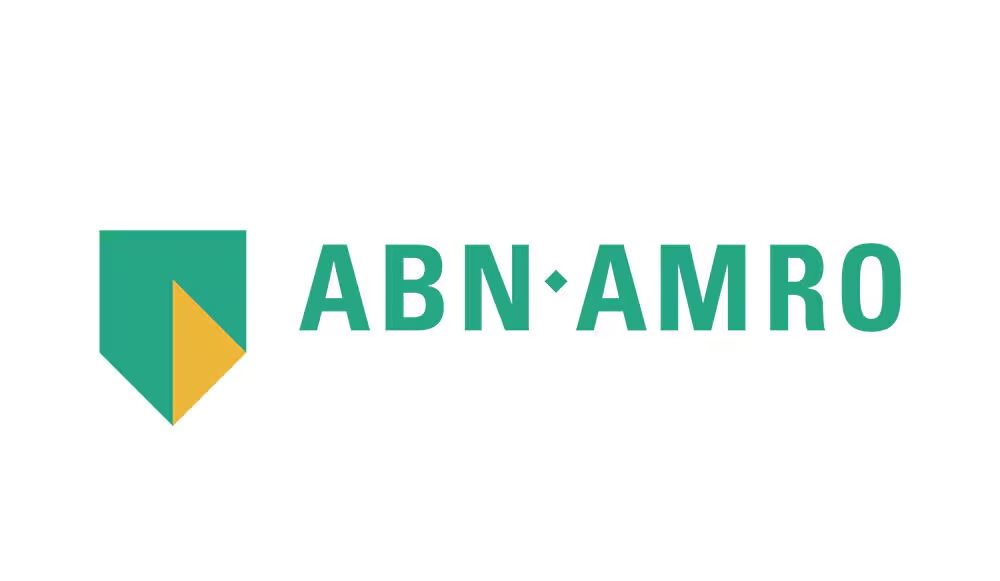The Dutch central bank has imposed a €15 million fine on ABN AMRO Bank N.V. for repeatedly breaching bonus restrictions that were put in place following the financial crisis.
De Nederlandsche Bank (DNB) found that ABN AMRO awarded and paid bonuses totalling more than €1.5 million to officials in seven second-tier management positions between 2016 and 2024, despite being explicitly prohibited from doing so.
The bonus ban applies to financial institutions that received state aid during the financial crisis, including ABN AMRO, which was nationalised in 2008. The restrictions cover both executive board members and second-tier management officials whose activities could materially affect the institution's risk profile.
DNB also discovered that one official received salary increases of 11.4 per cent and 28.8 per cent in consecutive years, far exceeding the permissible collective wage increases of 1.5 per cent and 2.5 per cent respectively.
The regulator said ABN AMRO's actions were particularly serious because the bank initially halted bonus payments when confronted by supervisors, but later resumed and expanded the practice.
"ABN AMRO then initially halted the payment of bonuses. However, at a later date, ABN AMRO decided not only to resume paying out the bonuses, but also to award a new tranche of bonuses," DNB said in its decision.
The central bank added: "In doing so, ABN AMRO deliberately allowed its non-compliance with the bonus ban to continue for an extended period of time and went against the supervisory authority's explicit instructions."
ABN AMRO said it accepted the fine and had now adjusted its application of the bonus ban. "Although we applied the bonus rules in good faith, we acknowledge that our interpretation was incorrect and regret this," the bank said in a statement, adding it was "aware of the possible societal impact".
DNB said the severity of the fine reflected the persistent nature of the non-compliance and the high degree of culpability. The regulator noted that such breaches damage society's confidence in financial institutions, particularly given banks' important role in ensuring a smoothly functioning economy.
The Dutch state has been gradually reducing its shareholding in ABN AMRO since 2015 and remains the bank's largest shareholder with a stake of less than one-third.
ABN AMRO has six weeks from receipt of the fine notification to lodge an objection with the regulator.
Latest News
-
Gemini to cut quarter of workforce and exit UK, EU and Australia as crypto slump forces retrenchment
-
Bank ABC’s mobile-only ila bank migrates to core banking platform
-
Visa launches platform to accelerate small business growth in US
-
NatWest to expand Accelerator programme to 50,000 members in 2026
-
BBVA joins European stablecoin coalition
-
eToro partners with Amundi to launch equity portfolio with exposure to ‘megatrends’
Creating value together: Strategic partnerships in the age of GCCs
As Global Capability Centres reshape the financial services landscape, one question stands out: how do leading banks balance in-house innovation with strategic partnerships to drive real transformation?
Data trust in the AI era: Building customer confidence through responsible banking
In the second episode of FStech’s three-part video podcast series sponsored by HCLTech, Sudip Lahiri, Executive Vice President & Head of Financial Services for Europe & UKI at HCLTech examines the critical relationship between data trust, transparency, and responsible AI implementation in financial services.
Banking's GenAI evolution: Beyond the hype, building the future
In the first episode of a three-part video podcast series sponsored by HCLTech, Sudip Lahiri, Executive Vice President & Head of Financial Services for Europe & UKI at HCLTech explores how financial institutions can navigate the transformative potential of Generative AI while building lasting foundations for innovation.
Beyond compliance: Building unshakeable operational resilience in financial services
In today's rapidly evolving financial landscape, operational resilience has become a critical focus for institutions worldwide. As regulatory requirements grow more complex and cyber threats, particularly ransomware, become increasingly sophisticated, financial services providers must adapt and strengthen their defences. The intersection of compliance, technology, and security presents both challenges and opportunities.
© 2019 Perspective Publishing Privacy & Cookies














Recent Stories